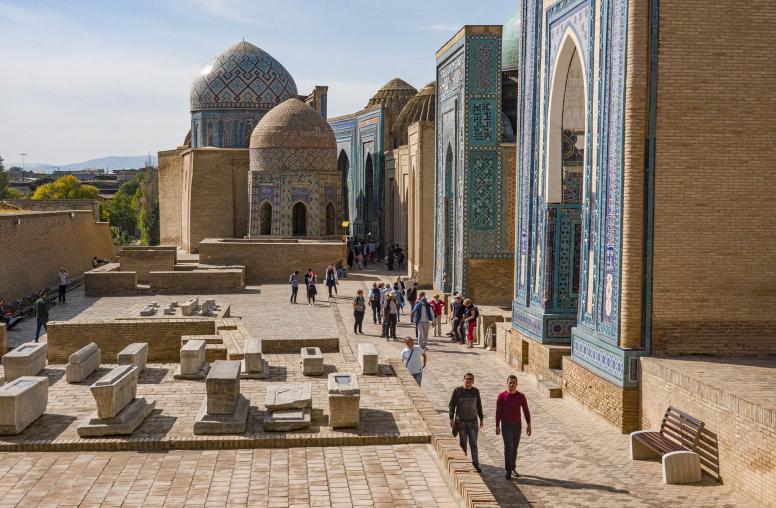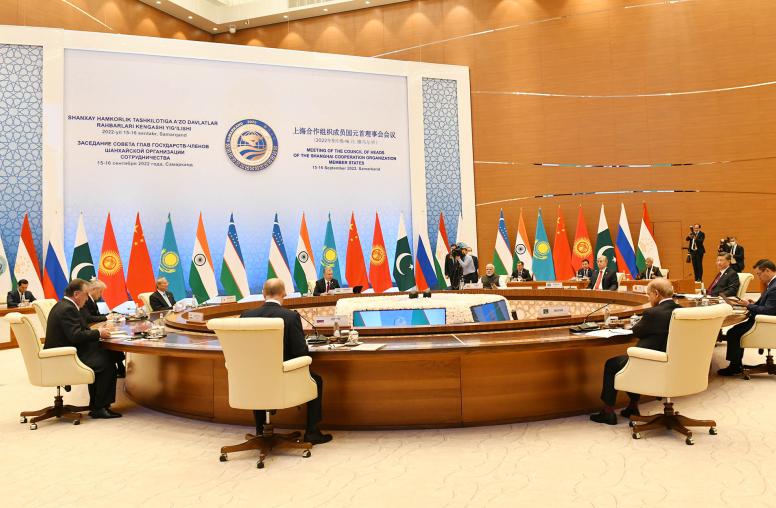 Kazakhstan
Kazakhstan
Featured Research & Analysis

Back to the Future? Kazakhstan’s Nuclear Choice
Although Kazakhstan denuclearized over three decades ago when it split from the Soviet Union, the Central Asian nation held a referendum on October 6 over whether it should build a nuclear power plant. With 73% voting yes, the referendum could reverberate beyond Kazakhstan and the Central Asia region. Safe nuclear power would be a boon for Kazakhstan, decreasing its reliance on fossil fuels while increasing economic resilience and helping it to address its immense climate change challenges. There are also important U.S. interests at stake here. The U.S. and Western allies should constructively engage with Kazakhstan, including helping to build a new reactor, to avoid Russian or Chinese control of Kazakhstan’s new nuclear energy sector and its valuable uranium resources.

China’s Global Security Initiative: Tilting the Balance in Central Asia
In recent years, Beijing has been reevaluating its conceptual framework for foreign policy, with a focus on enhancing its role in global governance. With the aim of transforming China into the world's leading country, Chinese leader Xi Jinping has put forward a number of new initiatives — including the Global Security Initiative (GSI) — as a way of creating new formats of cooperation between China and the countries of the Belt and Road Initiative (BRI) and Global South.

What Does Further Expansion Mean for the Shanghai Cooperation Organization?
Last week, foreign ministers from member-states of the Shanghai Cooperation Organization (SCO) gathered in Astana, Kazakhstan. The nine-member SCO — made up of China, India, Russia, Pakistan, Iran, Kazakhstan, Kyrgyzstan, Tajikistan and Uzbekistan — represents one of the largest regional organizations in the world. And with the SCO’s annual heads-of-state summit slated for early July, the ministers’ meeting offers an important glimpse into the group’s priorities going forward. USIP’s Bates Gill and Carla Freeman examine how regional security made its way to the top of the agenda, China’s evolving role in Central Asia and why SCO expansion has led to frustrations among member states.